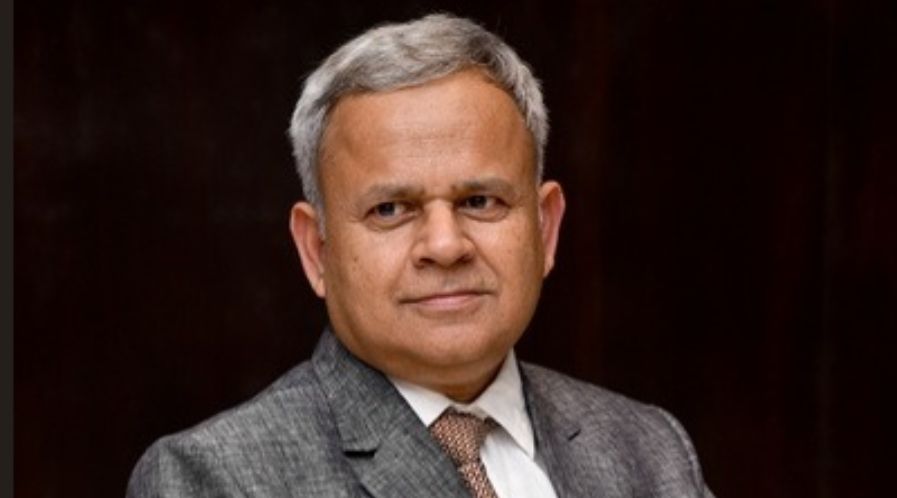Tomorrow might as well be Today
Technology is creeping in everywhere – the washroom is no exception.
As innovations rapidly integrate into our daily routines, our washrooms are set to undergo transformative changes, blending convenience, luxury, and advanced health monitoring. The traditional notion of a bathroom as a mere utilitarian space is evolving into a sophisticated hub of health and wellness.
All said and done, in these parts, the electric toothbrush is still considered a high-tech novelty. Some even say that it is a glimpse of what lies ahead. However, the fact is that it’s already primitive now. Futurologists predict that within a decade, smart mirrors could perform comprehensive health checks, and in the more distant future, robots might be capable of applying makeup according to detailed scripts. This shift represents not just an upgrade in gadgetry but a fundamental change in how we interact with our personal spaces.
The key point is that everything in our washrooms will be connected to the Internet of Things (IoT). Imagine mirrors with ultra-thin organic LED displays, fully integrated with the internet. These mirrors will have high-resolution cameras for video check-ups with doctors and retina scans to detect illnesses early. They might even include chemical sensors to analyse breath and identify health issues. Picture a mirror that not only reflects your image but also monitors your health in real time, providing invaluable insights into your well-being.
This is not science fiction but a tangible future within our grasp. Washrooms will become so advanced that even special floor tiles or rugs could replace traditional scales, providing weight and metabolic rate details. This seamless integration of technology into our daily routines will offer unprecedented convenience and health benefits. Additionally, some foresee mirrors offering makeup advice and creating images of how one’s face would look if instructions are followed precisely. This level of personalisation and automation will redefine our daily grooming rituals.
“Futurologists predict that within a decade, smart mirrors could perform comprehensive health checks, and in the more distant future, robots might be capable of applying makeup according to detailed scripts. This shift represents not just an upgrade in gadgetry but a fundamental change in how we interact with our personal spaces.”
Technology will overtake lives and if it has not done so now, the time is not very far away. In office settings, for example, washroom wait times can lead to dissatisfaction and reduced productivity. Modern technology offers a solution with connected washrooms that track occupancy and display status and wait times in other parts of the building or on mobile apps. This advancement represents just a glimpse of what technology can achieve.
High-end washrooms today already feature faucets, showerheads, multifunctional WCs, and bathtubs that create a spa-like ambience. However, trends indicate that washroom manufacturers will need to delve deeper into innovation, embracing even the smallest details. The integration of smart technology will transform these spaces into personalised wellness centres.
Consumerism and style trends are on the rise. The welcome news is that even the tier 2 cities and at times even the third-level towns are not averse and are quite open to new and bold patterns. The subtext is that affordability is also cutting across the usual set parameters of urban sprawl in the metros and is seeping elsewhere too.
The combination of the future allure of technology and the affordability factor’s gradual spread is laying the ground for exciting times ahead. While the electric toothbrush might still remain a novelty even as it goes out of style elsewhere, very soon the gap between technology and desire will definitely shorten in these parts as well.
Tags: Anurag Yadav, Bathroom Tech, Future Living, Smart Bathroom, Wellness Tech



